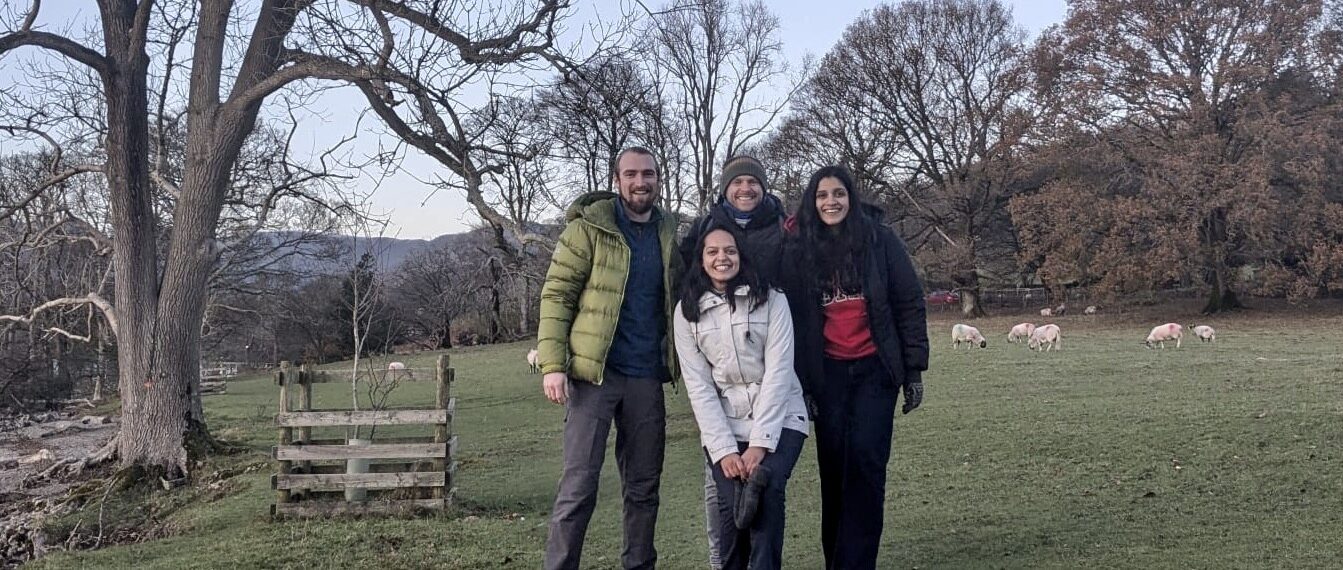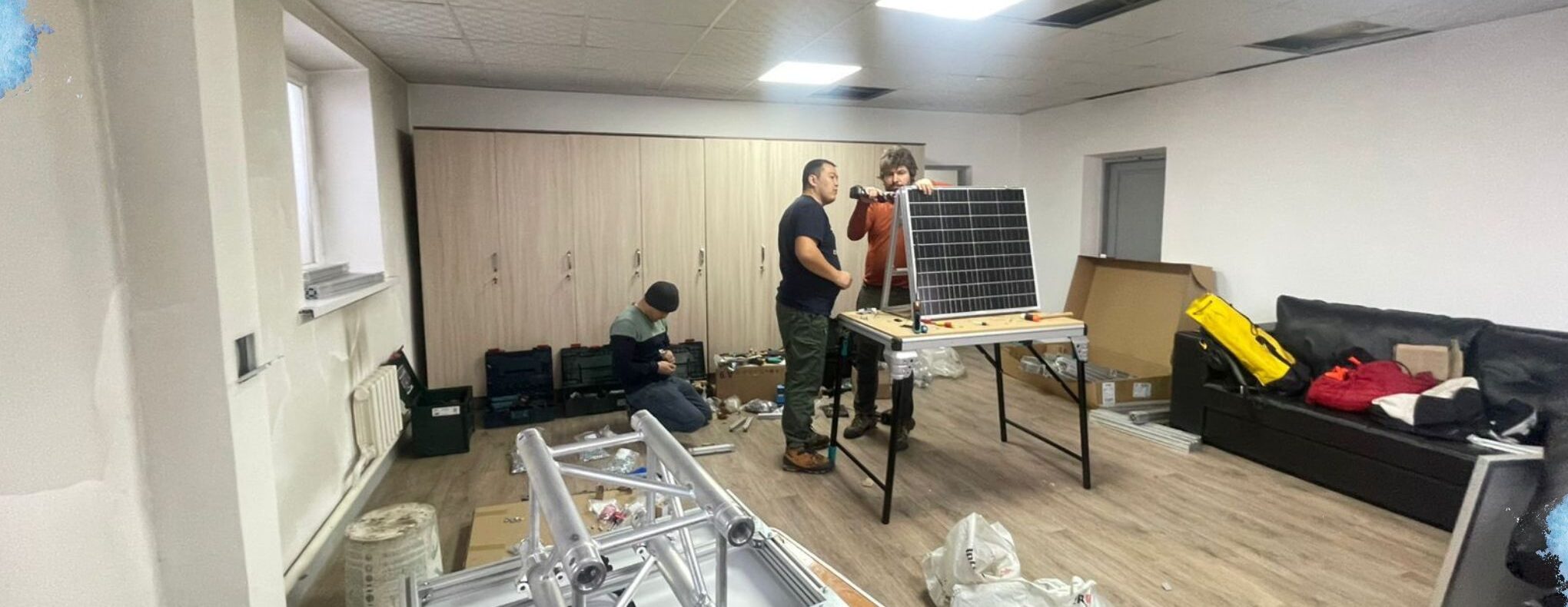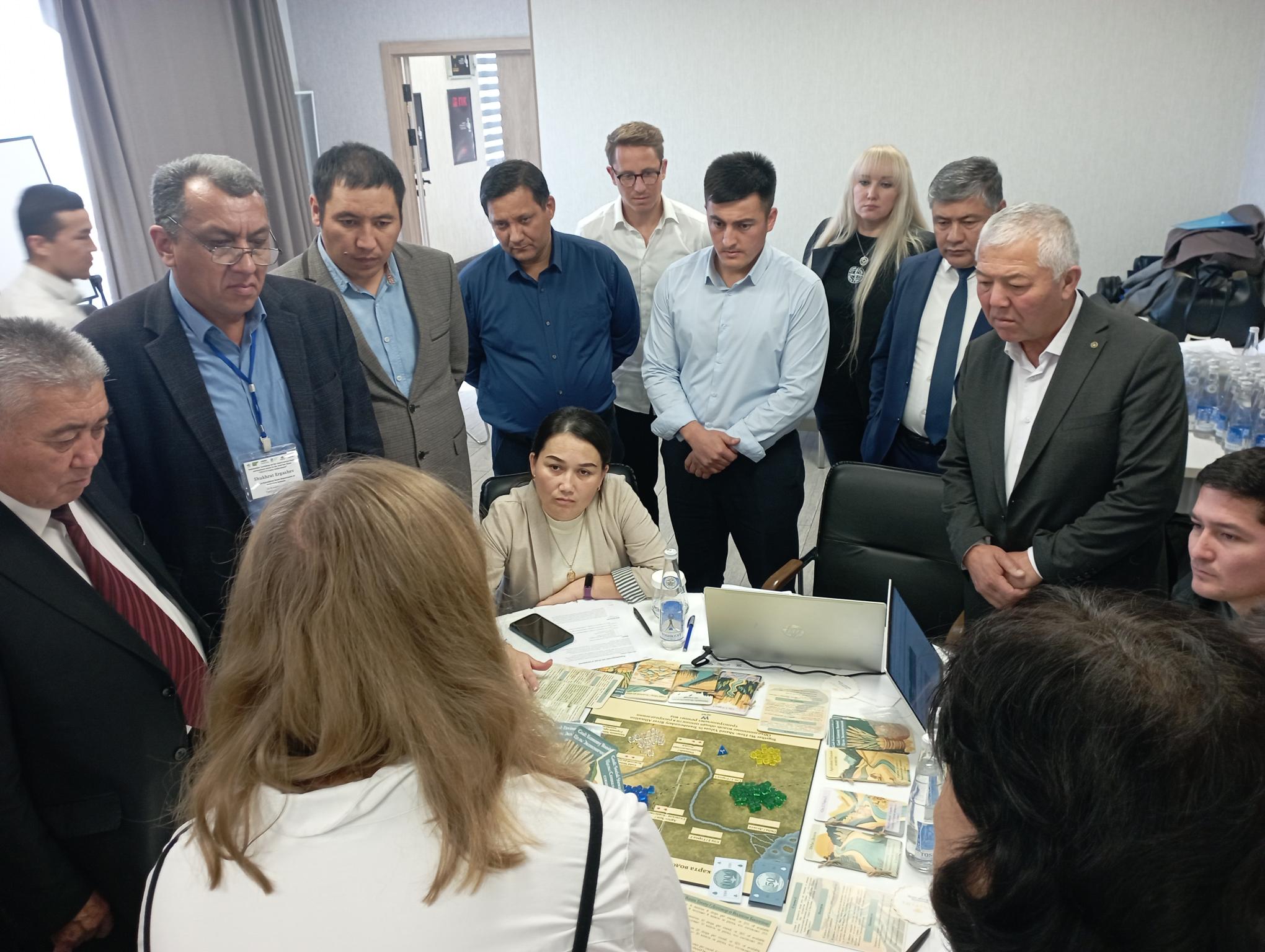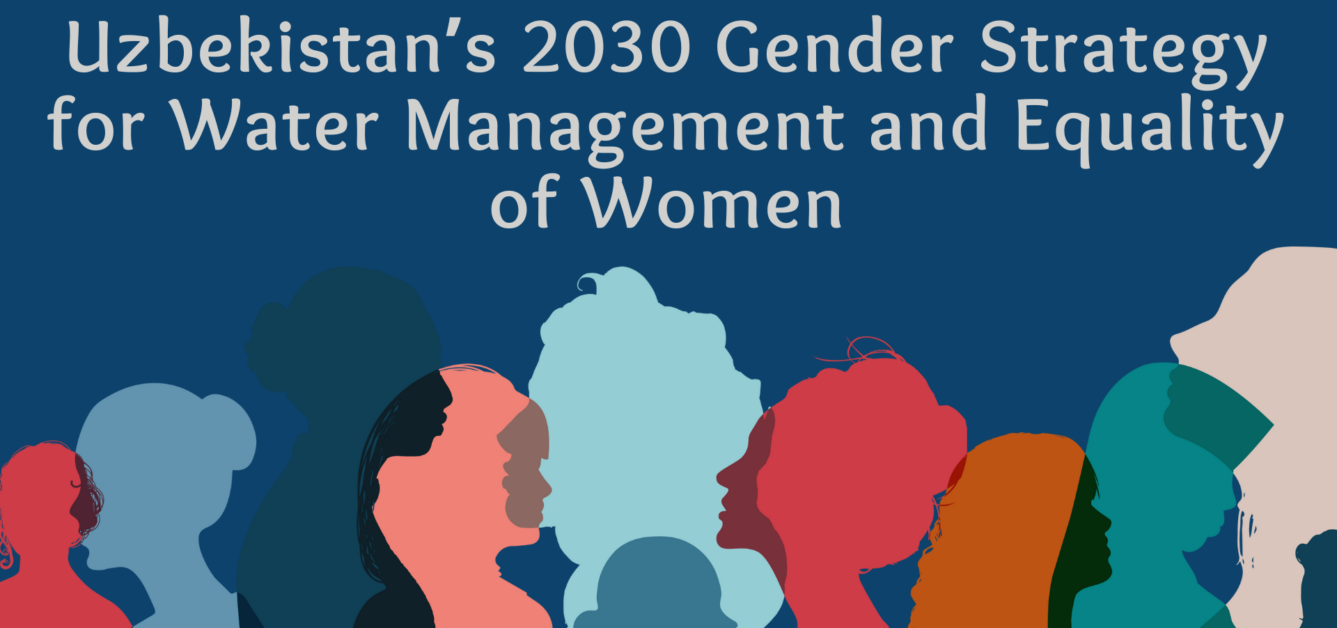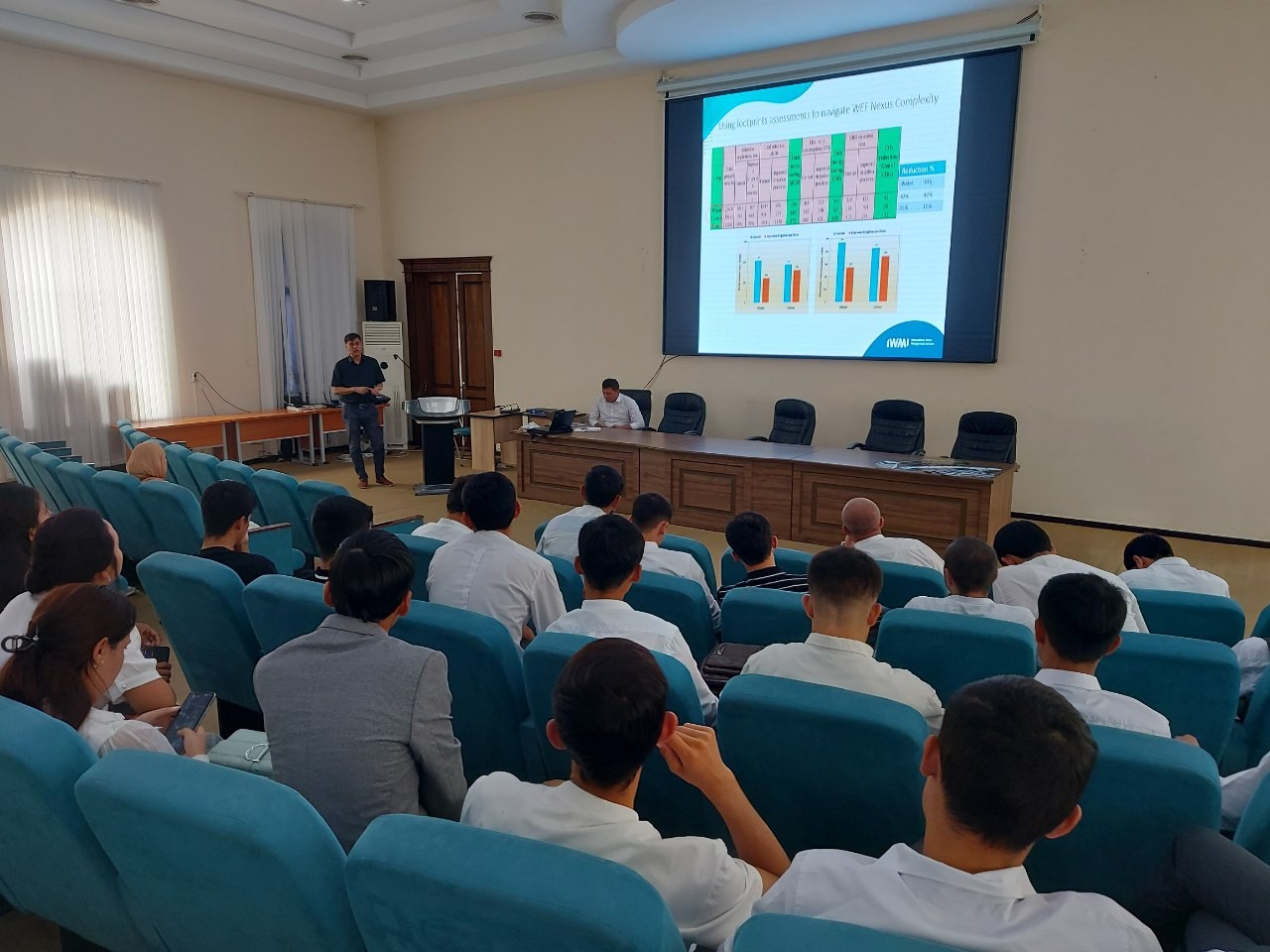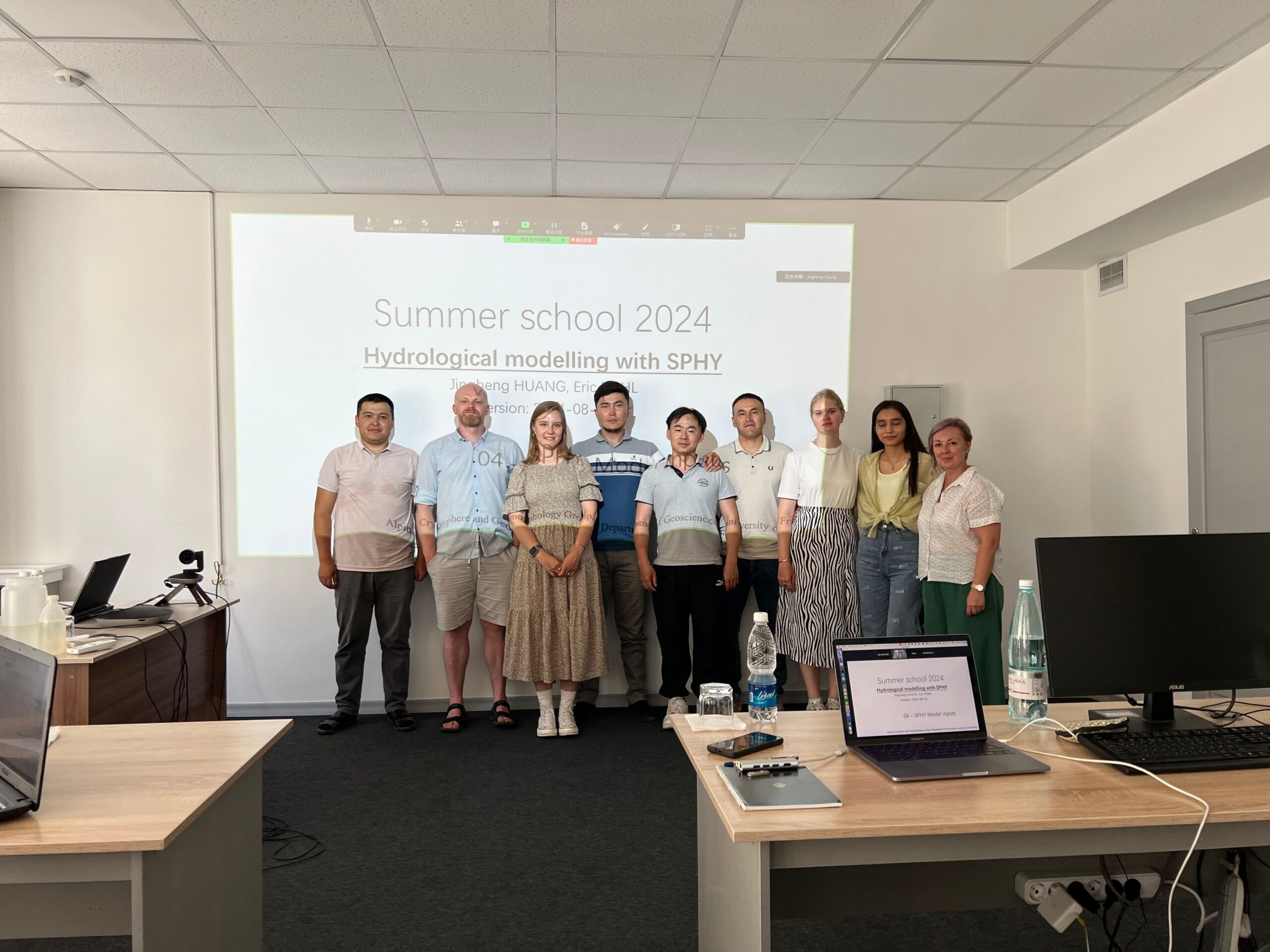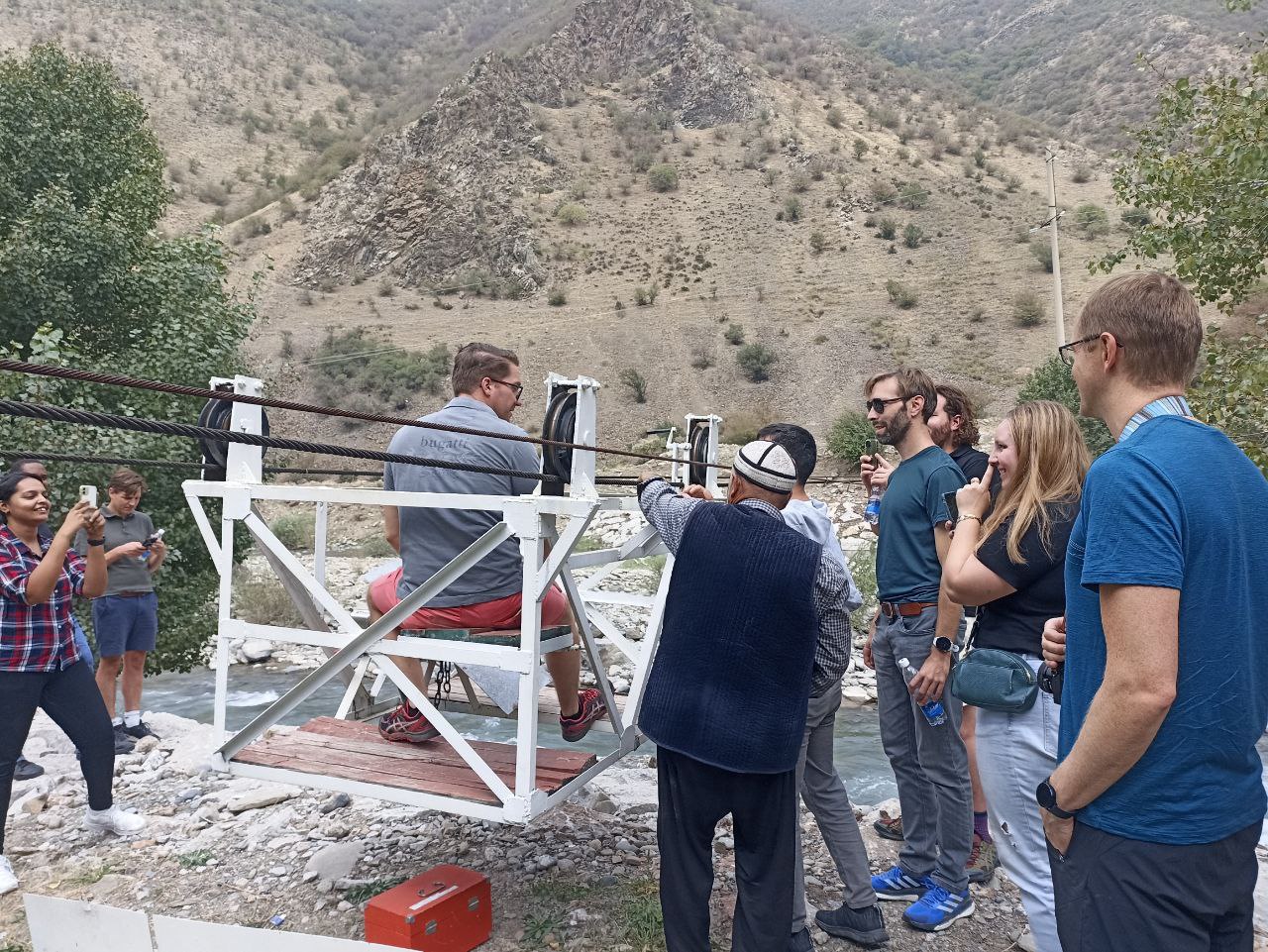Water scarcity is a major challenge faced by many countries around the world, and Central Asia is no exception. To address this issue, the WE-ACT project is revolutionizing water management practices in the region through the use of innovative tools and technologies. One of the key aspects of the project is the improvement of hydrometeorological monitoring, which is crucial for better forecasting, planning, and allocation of water resources.
In April 2023, Portolan Association, a partner of the WE-ACT project, visited Uzbekistan and Kyrgyzstan to identify potential sites for upgrading, modernizing, or new installations for better water resources management. The purpose of the visit was to assess the needs of hydrometeorological monitoring and provide solutions to enhance water management practices in the region.
Enhancing Hydrometeorological Monitoring in Uzbekistan
The International Water Management Institute (IWMI) facilitated and organized the visit in Uzbekistan and assembled key stakeholders and institutes to express the needs for hydromet network improvements for better forecasting, planning, and allocation of water coming from upstream Kyrgyzstan and flowing to downstream Tajikistan (and other downstream countries).
The stakeholders expressed clear needs for better hydromet network improvements, and the team observed potential sites that could be upgraded to have a significant impact on water management in the region. The linear scheme of the basin from BWO Syrdarya provided valuable information for further analysis and planning.
Max Linsen, Portolan Association Tweet
The visit was successful due to prior preparation and clear communication of objectives and background information. Prior presentation by Portolan was translated into local languages and shared with stakeholders to ensure they were aware of the WE-ACT project’s mission objectives and activities.
The joint vision and proposal to install, modernize, automate, and improve data transmission were also prepared under the leadership of BWO Syrdarya in agreement and coordination with Uzhydromet. The stakeholders proposed to consider the intervention up to the boundaries of Tajikistan (Besharyk district in Uzbekistan), covering the Kyrgyz and Uzbek part of Ferghana Valley. This will serve as the base for calculating water demand for Future Water.
Key Insights from Field Visit: A Snapshot of Findings
During our recent field visit to Uzbekistan, the team visited 20 hydrological and meteorological observation stations, out of which some are of great interest to BWO Syrdaria, the Basin Irrigation System Authority and UzHydromet. The team observed, measured, and listened to the needs of well-trained staff to modernize their equipment, data transmission, and measurement methods.
One of the proposals to improve water resource management is the modernization of Gauging Bar 02, located near the border of Kyrgyzstan and Uzbekistan, to resolve discrepancies in discharge data measurement and establish direct linkages with the discharge measurement at Uchkurgan HPP, the last HPP with the Naryn Cascade.
Another proposal is to set up a new hydrological observation station near Pungan village to improve transparency and equitable water allocation between Kyrgyzstan, Uzbekistan, and Tajikistan within the Syrdarya river basin. The station operator of this hydropost expressed the need for repairs and automisation of measurements. Uzhydromet has supported this proposal, and based on a recent Presidential decree of Uzbekistan, it has already been indicated to set up Pungan hydrological stations, and Uzhydromet is ready to take it on its balance.
Lastly, BWO Syrdarya proposed modernizing current basic stations within river streams to improve the accuracy of data. The proposed hydrological sites and gauging stations include hydrological post Uchkurgan on the river Naryn, hydrological post Uchtepa on the river Qaradarya, and hydrological post Kal on the river Syrdarya with automated data transmission to Uzhydromet, BWO Syrdarya, and MWR.
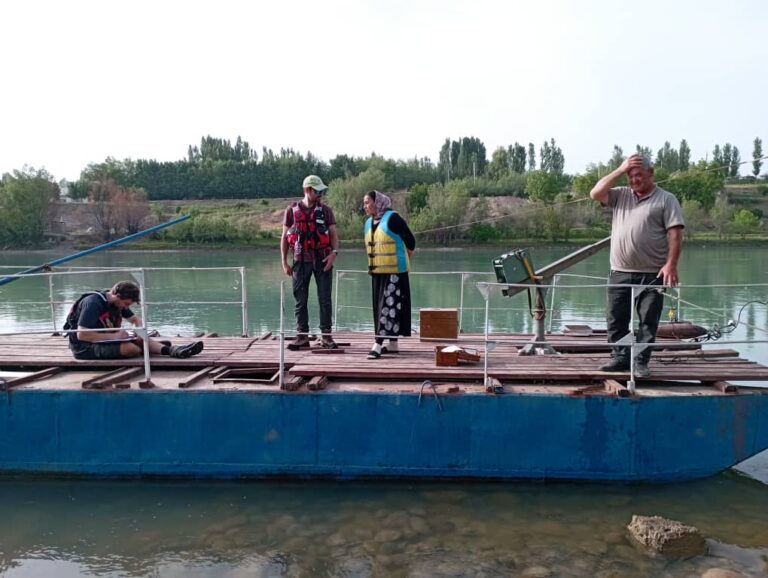
Exploring Water Management Practices in Kyrgyzstan
Furthermore, as the final stage of our field trip, the team also met with partners of the Hydro4U project in Osh, Kyrgyzstan to discuss further water management practices in the region.
As a continuation of our ongoing efforts to enhance hydrometeorological monitoring networks in the region, we had productive discussions with the WE-ACT project partner Central Asian Institute for Applied Geosciences (CAIAG) during our visit to Kyrgyzstan. Building on the success of the first phase of our network audit in Uzbekistan, we plan to collaborate with CAIAG to identify opportunities for improvement and potential sites for upgrading, modernizing, or new installations to support better water resources management practices in the region. We also had discussions with Kyrgyz Hydromet to further explore water management practices
Conclusion: Collaboration Key to Sustainable Hydrometeorological Monitoring
Overall, the field visit was a significant step towards enhancing water management practices in the region. Upgrading and modernizing water management infrastructure can play a crucial role in ensuring sustainable water resources management. The visit was a great success, thanks to the efforts of the IWMI, Portolan, and other stakeholders who are proactively engaged, ambitious, and ready to provide feedback during the selection of stations to be updated.
The team will continue to engage stakeholders to discuss the findings of the audit in May and work towards better water management practices in the region. This pioneering field visit has the potential to transform water management practices in Central Asia and unlock the potential of hydrometeorological monitoring.



